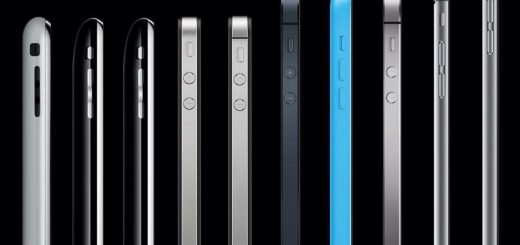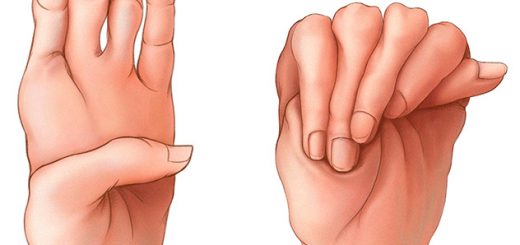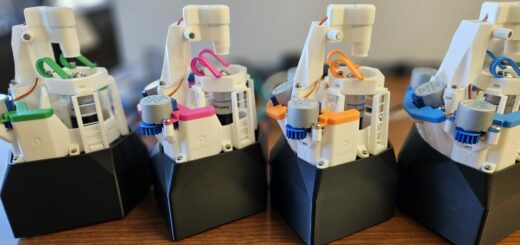Somebody’s got to do it: Heroism from Halfworld
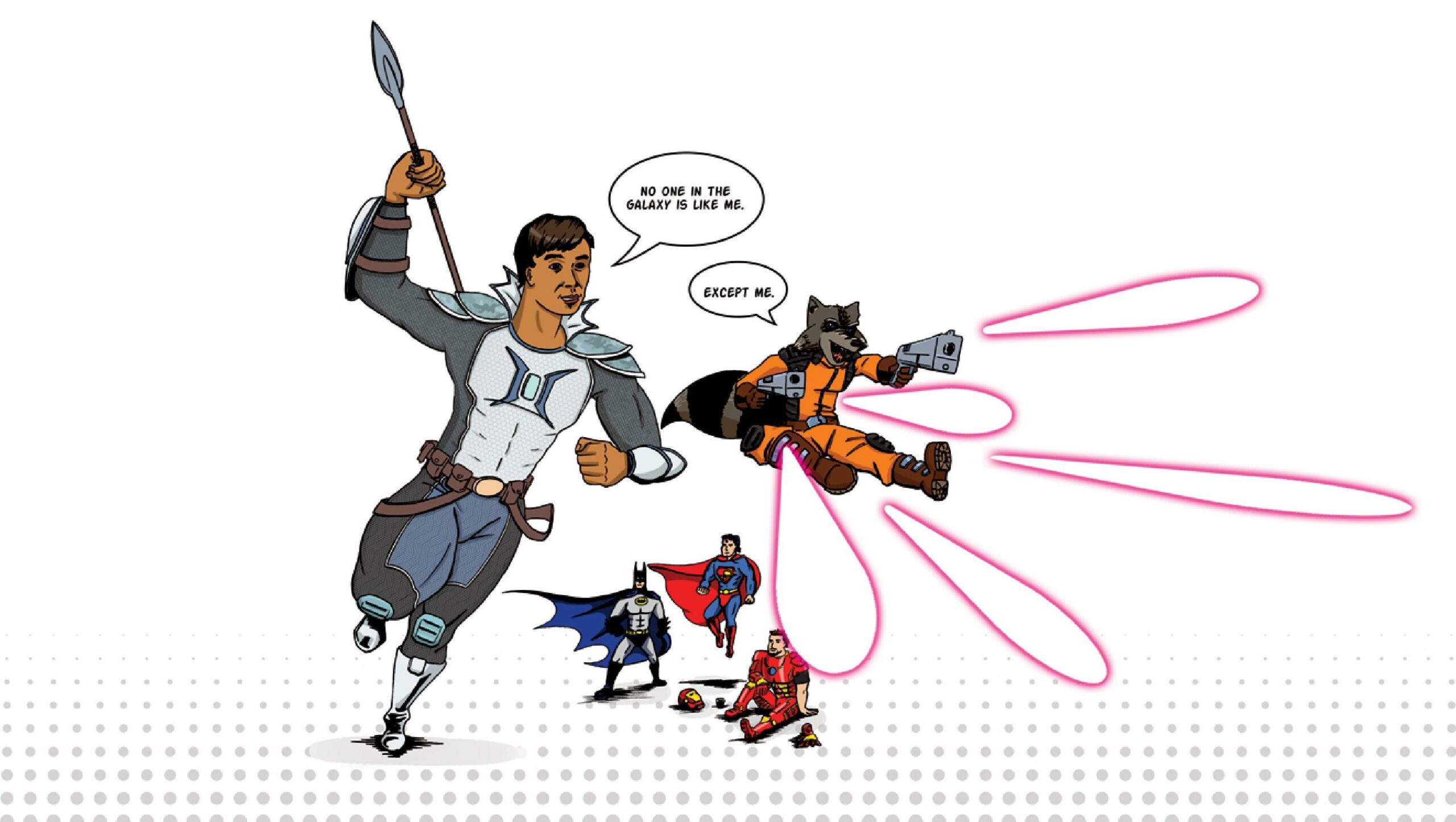
My first foray into philosophy was in the classroom, discovering how our ways of thinking and those defined by scholars were applied in the modern world. Lessons from that classroom created an avenue for me to appreciate the world through a scientific lens and, gratefully, from an imaginative point of view. It was by venturing down this avenue that I examined the positive effects of roleplaying in Dungeons & Dragons (D&D) and interviewed furries about adopting alternate identities in previous articles for theGIST.1,2
And recently, Wizards of the Coast released a new subclass in D&D which allows Paladins, sacred warriors with abilities to defend allies and smite foes, to take an Oath of Glory.3,4
These warriors are encouraged to ‘face hardships with courage’, demonstrate actions that speak louder than words, and ‘overcome failings’ to become better people. With these principles of heroism, players transform into legends through their deeds and the lives they touch. But while these characters originate from many walks of life, their flaws remind us that with great power comes great responsibility.
Hang on, why does this remind us of superheroes? Like any form of art, one person’s takeaway from heroic stories in a game or a comic book will be different from another. Such is the case in Liesa Mignogna’s anthology of essays in which superheroes helped people deal with their childhood, grief, and demons.5
Among these essays, one author reflected on how the rage she harboured against her father pulled her through as a suicide survivor, rape victim, and mother of a miniature Hulk. Meanwhile, another drew comparisons between Iron Man and his wife to remind us that heroes have weaknesses; they have cracks in their impressive armour. Finally, a third account praised Wonder Woman as a pillar of strength that paved the way for superheroines in the comic book industry.
With that in mind, why do we feel inspired to change for the better when we come across a book, movie, or video game about individuals with extraordinary powers? What is it that makes us connect with them to the point we want to step into their shoes to achieve eudaimonia?
From Halfworld with big guns
According to Chris Gavaler and Nathaniel Goldberg, professors from Washington and Lee University, heroes are distinguishable from one another based on their ‘superpowers and goodness’.6
Before we define what eudaimonia is, we need to choose one superhero to analyse the values they represent and contemplate how they inspire others. I believe an unconventional choice would not only be a non-humanoid life form but also one with personality and grit that some question how they became a guardian of the galaxy.
That’s right, we are going cosmic with none other than Rocket Raccoon! (Author’s note: The Rocket referred to is from the Earth-616 universe, which is explored in published comics and separate from the Marvel Cinematic Universe.)
For the uninitiated, the Guardians of the Galaxy are a group of superheroes who protect the galaxy from whatever tyrannical and powerful forces threaten it. Among these superheroes is Rocket Raccoon who hails from Halfworld and was offered by Peter Quill, or Star-Lord, to become one of the Guardians we know today. His reputation as a master tactician, first-class marksman, and accomplished pilot has been pivotal to the Guardians’ many exploits across the cosmos.
But masked beneath his expertise is a snarky and cynical personality that could paint him as an anti-hero in some people’s eyes. Star-Lord possesses qualities that make him a charismatic leader and a likeable hero whereas Rocket is abrasive, vulgar, and more likely to shoot first than ask questions. This led him to attract unwanted attention for himself and the Guardians (sometimes the Avengers on Earth), and consequently make others underestimate him… or disregard him as a cute, widdle raccoon.
“I’ve saved this planet eleven times. Eleven! You’d think one of you idiots would recognise me.” — Rocket7
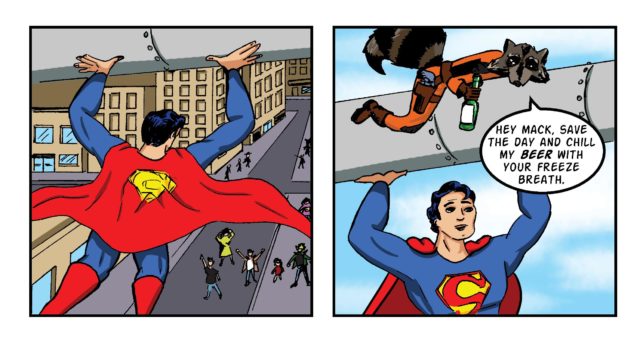
What exactly makes Rocket a superhero… or more importantly, what kind of superhero is Rocket? What principles do we look for in him to improve ourselves as individuals and achieve eudaimonia?
The krutacking kind, that’s what!
Eudaimonia, according to Aristotle, is the notion that whatever actions we make throughout our lives, they are considered best for delivering the ultimate goal: our happiness. People who practise eudaimonia, known as eudaimonists, follow specific principles central to themselves that promote virtues necessary to live their best lives. The word itself is derived from eu, meaning good, and daimon, which means spirit. Thus, by maintaining a good spirit with virtuous actions, our lives flourish with prosperity. So, how would superheroes achieve eudaimonia?
Gavaler and Goldberg noted that a majority of Marvel and DC Comics’ hero rosters can be split into two categories: consequentialists and deontologists. To elaborate further, I will refer to D&D vernacular with two contrasting subclasses available to Paladins: the Oaths of Devotion and of Vengeance.
A consequentialist, like Superman and Paladins of Devotion, focus on delivering the most happiness to the most people possible. Their reasoning is that as long as their actions deliver positive consequences and benefit humanity, they can be justified as positive actions. Batman, on the other hand, is driven by ‘duty rather than consequence’ as a deontologist. After his parents were murdered, Batman swore an oath to safeguard others from criminals, albeit driven by retribution in a similar fashion to Paladins of Vengeance. However, keep in mind that deontologist heroes can also bind themselves to altruistic duty without demanding an eye for an eye.
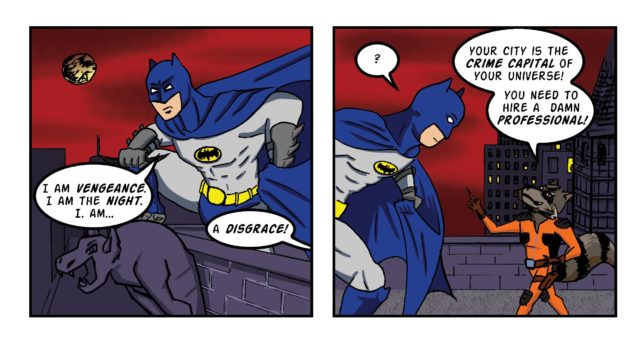
But enter Rocket, someone so arrogant and volatile he would butt heads with Superman and Batman’s ideals, dismissing them as just some guys in capes who should step aside for the professionals (like himself). With the array of skills at his disposal, he likes to remind others of how problems can be fixed with the pull of a trigger or an explosion from his contraptions. Besides that, making a quick buck as a bounty hunter or doing criminally questionable jobs is Rocket’s idea of spending a day off duty. It would take a massive paycheck or ego boost to convince him to recover stolen land rights or help aliens stranded on Earth return home.8
Thus, Rocket would only engage in heroism if the consequences satisfied his happiness or allowed him to demonstrate how superior he is to everyone: to prove he saves lives just because he can. Therefore, his means of achieving eudaimonia is extremely self-serving and selfish, yet more fulfilling than satisfying a corporation’s ‘cute sentient animal’ quota9. (Personally, I believe if he can save spacefaring civilisations and look cute for office morale, who are we not to applaud him for a job well done in both?)
But in spite of that, what if his pride is his way of seeking validation from his peers, and himself?
“Everyone else, the police, the other ‘super heroes’, the other aliens, they all see you as a joke. Even your own team, right?… A fierce warrior. A master strategist. There’s nobody else like you out there. Is there?” — Kraven10
Whose sadness dwarves all
Throughout his history as a Guardian, Rocket comments on how nothing in the galaxy (or the universe) is exactly like him. When read between the lines, it could be interpreted as him admitting he is alone and nobody among the stars will understand him. This is reinforced in the No Road Home storyline when the living planet Euphoria refers to him as one ‘whose sadness dwarfs’ the other heroes present.11
It would seem as though underneath the fur and bravado is a lonely creature… at least were it not for his partner-in-crime and trusted friend, Groot. This gentle, wooden giant acts as the voice of reason when Rocket acts rash, prompting him to be heroic when he is tempted with vices and prospects of cash. And during an adventure where Groot is tasked with rescuing his friend, Rocket explains to his kidnapper the difference between them.12
“See… me? I don’t really care about people — I spend most of my time shooting them. But Groot… Groot likes people. Always sees the best in them. Gives ‘em a shot. And even if it hurts, he always goes out of his way to help.”
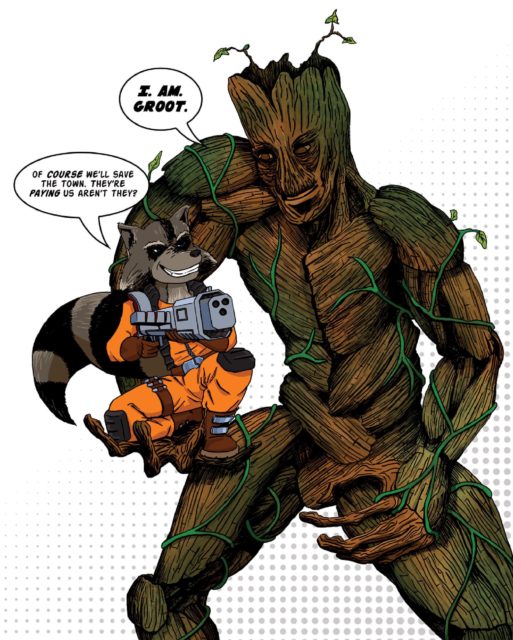
Whether intentionally or not, Rocket stated why he values a friend such as Groot. On his way to rescue him, Groot comes across a variety of characters ranging from shapeshifting Skrulls to a robotic Mantron from a refuelling station. Regardless of their reputation, skill, or appearance, Groot cares more about what they can achieve when nudged in the right direction. Perhaps Groot has been doing the same for Rocket all this time: pointing the way for him to embrace his duty as a Guardian of the Galaxy.
And maybe Rocket paid Groot forward by giving me a nudge when I found his comics in the library? Having lived internationally for years, it was difficult finding my place in the world. I strived to fit in and be accepted, yet I worried constantly about others’ expectations and felt inadequate amongst peers. But issue after issue, Rocket demonstrated how he did not pay any mind to what others thought of him and proved himself worthy of being a Guardian. In fact, when the team was fractured during the early days of the Guardians’ tenure, it was Rocket who picked up the pieces when no one else did, continuing to help others with Groot by his side.13
There’s another one of me?
So why did connecting with a lonely raccoon defending the galaxy help me flourish as a human being? What was my takeaway from seeing eye to eye with him? If I have to be frank, it would be to accept the fact that no one in the galaxy is like me… except me.
I think that was what I admired in Rocket. Whether travelling the stars with the Guardians, Groot, or solo, he could stand on his own. What won me over was his acknowledgement that he is lonely, something I could relate to. We both hated being alone, yet Rocket was telling me through his stories that it was alright to embrace the solitude. To make our decisions and show no concern for what others thought. To put on a brave face and fight for others even if no one stands with us. To be heroes in our own way. And if walking in the footsteps of a raccoon helps me achieve my eudaimonia… after all, when somebody’s got to do it, somebody’s got to do it.
“You can do it all – you just gotta tell yourself, and believe it when you say it – ‘I’m the baddest mother @#$&#$% in the whole universe.’” — Rocket14
Thank you, Rocket. And if you run a D&D campaign to put Tony Stark in his place, hit me up and I’ll bring my Paladin along.15
This article was specialist edited by Rebecca Budgett and copy-edited by Lauren Taylor
References
- https://the-gist.org/2019/09/role-players-building-connections-through-dungeon-delving-and-dragon-slaying/
- https://the-gist.org/2021/01/my-fursona-and-me-a-tail-of-identity/
- https://www.dndbeyond.com/classes/paladin
- http://dnd5e.wikidot.com/paladin:glory
- https://www.goodreads.com/en/book/show/26114414-last-night-a-superhero-saved-my-life
- https://www.jstor.org/stable/j.ctvn5twvb
- https://www.marvel.com/comics/issue/62062/rocket_raccoon_2016_2
- https://www.marvel.com/comics/issue/61665/rocket_2017_1
- https://www.marvel.com/comics/issue/36644/annihilators_2010_1
- https://www.marvel.com/comics/issue/62065/rocket_raccoon_2016_5
- https://www.marvel.com/comics/issue/71442/avengers_no_road_home_2019_9
- https://www.marvel.com/comics/issue/53701/groot_2015_4
- https://www.marvel.com/comics/issue/22544/guardians_of_the_galaxy_2008_7
- https://www.marvel.com/comics/issue/65283/all-new_guardians_of_the_galaxy_2017_149
- https://www.marvel.com/comics/issue/55602/rocket_raccoon_groot_2016_4

